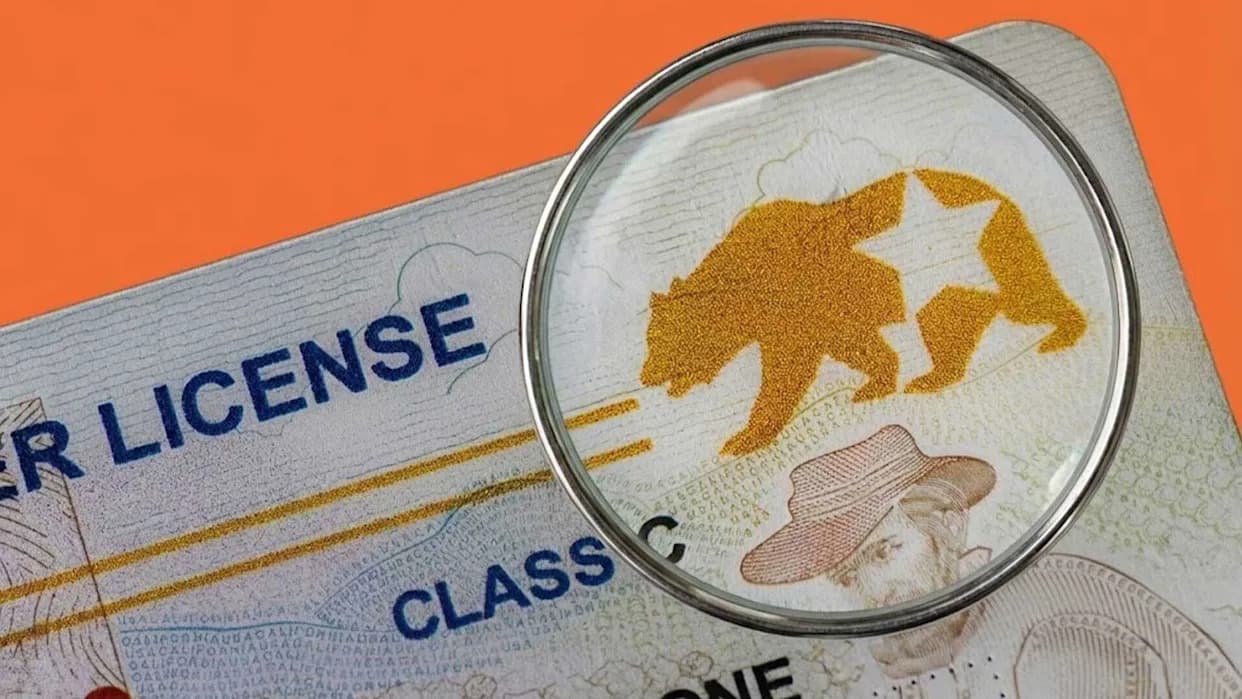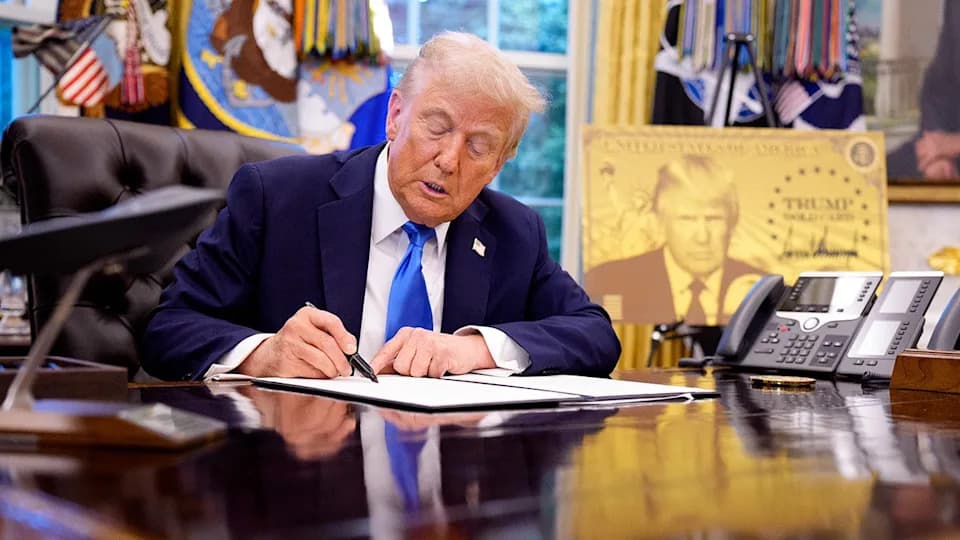The TSA has proposed charging an $18 nonrefundable fee for passengers who arrive at security checkpoints without an acceptable ID, such as a Real ID or passport. The fee would fund a "modernized alternative identity verification program" and would cover up to 10 days of travel if identity is successfully verified each time. The proposal was published in the Federal Register and typically opens a 30–60 day public comment period. Real ID requirements, established after 9/11, took effect in May; passports and tribal IDs remain acceptable alternatives.
TSA Proposes $18 Fee for Travelers Without Real ID or Passport — What to Know

The Transportation Security Administration has proposed a rule that would require travelers who arrive at airport security without an acceptable form of identification — such as a Real ID or a U.S. passport — to pay an $18, nonrefundable service fee to use a new identity-verification process.
Key details
The agency describes the change as a "modernized alternative identity verification program" designed for passengers who do not present an acceptable ID at a checkpoint. According to the notice published to the Federal Register, the $18 fee is intended to offset government costs and "does not guarantee an individual will be granted access to the sterile area of an airport."
How the program would work
- The $18 charge would cover up to 10 days of travel, provided the traveler can successfully verify their identity each time they use the program.
- The payment would be nonrefundable and does not assure access past security screening; travelers could still face additional screening or be denied access if identity cannot be confirmed.
- Accepted IDs that already satisfy screening include Real ID cards, U.S. passports and certain tribal IDs.
Timing and public input
The notice in the Federal Register begins the proposed-rule process and typically opens a public comment period lasting about 30 to 60 days, though the window can vary by agency. The TSA has not announced when the program would take effect; the proposal must complete the rulemaking process before implementation.
Background
Congress passed the Real ID Act in 2005 to tighten federal standards for state-issued driver’s licenses and identification cards in the wake of the September 11, 2001 attacks. After years of delays, the Real ID requirement for boarding most domestic flights went into effect in May. Travelers may still use alternative documents such as U.S. passports or certain tribal IDs to meet identity requirements.
What travelers should know
Passengers who lack an acceptable ID should expect the potential for extra screening, delays and, if the proposal is finalized, an $18 fee for using the alternative identity verification process. Those unsure whether their ID will be accepted should check TSA guidance before travel to avoid surprises at the checkpoint.
Help us improve.




























